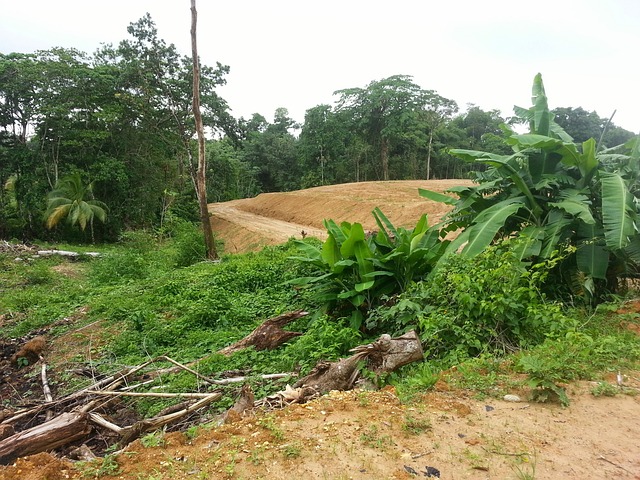In Nigeria, You can own land through a set of laws that regulate the use, management, and transfer of land.These set of laws is referred to as the land tenure system. Understanding the different types and features of land tenure systems in Nigeria is essential for anyone interested in land ownership.
What is Land Tenure System in Nigeria?
Land Tenure System in Nigeria refers to the manner in which land ownership and usage rights are allocated and governed. The system outlines the rules and regulations that define the relationship between individuals or communities and the land they occupy or hold. The system is designed to promote fair distribution, effective management, and secure ownership of land across the country.
Features of Land Tenure System
The Land Tenure System in Nigeria has several key features that govern land ownership and use. This includes:
Property Right by an Individual: This feature grants individuals the right to own land and enjoy its benefits, subject to the provisions of the law.
Use of Land within a Community: The system recognizes communal land ownership where the community, often headed by a local community head, has authority over the land and determines its distribution and usage.
Control of Communal Piece of Land: communal ownership allows large-scale farming and cultivation, but individual ownership or use as collateral for loans is not permitted.
Transfer of Allocated Piece of Land Legitimately: Land tenure systems in Nigeria provide legal frameworks for the transfer of land ownership from one individual to another, ensuring legitimacy and avoiding conflicts.
Types of Land Tenure System in Nigeria
There are various forms of land tenure systems in Nigeria ranging from Communal Ownership, Inheritance Tenure System, Leasehold Tenure System, Rent Tenure System, Gift Tenure System, Freehold Tenure System and Tenant at Government will.Each has its unique characteristics and implications.
Communal Land Tenure System
In this system, the community is the governing authority over the land, and the head of the community decides on land sharing or ownership. Individual ownership is not allowed, but large-scale farming is encouraged.
Inheritance Tenure System
Land ownership is transferred to the next of kin upon the death of the main owner. Lands may be allocated to unborn children, leading to potential conflicts among beneficiaries.
Leasehold Tenure System
This system grants temporary ownership of a plot of land to an individual, usually through a lease agreement with the landlord. However, the land cannot be used as collateral for loans.
Gift Tenure System
In this type, the landowner voluntarily gives land to another person, who becomes the new owner and can use it as collateral for a loan.
Rent Tenure System
Tenants pay rent to the landlord for the use of the land for a relatively short period. It discourages long-term planning by the tenant.
Freehold Tenure System
Individuals pay a certain sum of money for the right of ownership of a piece of land. Land under this system can be used as collateral for loans but is expensive to purchase.
Tenants at Government Will
The Nigerian government leases land to farmers for large-scale farming and crop production. While it is inexpensive to acquire, the land cannot be used as collateral for loans.
Problems of Land Tenure System
Despite the various land tenure systems in Nigeria, there are several challenges that hinder effective land ownership and usage:
Cultural and Religious Differences: Land tenure is influenced by tradition and culture, leading to differing views among individuals based on their religious and cultural orientations.
Land Disputes: Inheritance and communal ownership may result in conflicts over land ownership and usage rights, leading to lengthy legal battles.
Lack of Secure Tenure Rights: Some land tenure systems do not offer secure ownership rights, making it difficult for individuals to invest in and develop the land.
Inadequate Land Records: Poor land documentation and recording systems make it challenging to establish ownership and resolve disputes.
Solutions to Land Tenure System Problems in Nigeria
To address the problems associated with land tenure systems in Nigeria, appropriate land reforms are necessary. Land reform involves changing existing laws, regulations, or customs to improve land ownership and usage. Some potential solutions include:
Strengthening Legal Frameworks: Implementing and enforcing land laws that provide secure tenure rights and simplify land registration processes.
Community Engagement: Involving local communities in land management decisions to promote transparency and reduce conflicts.
Improving Land Documentation: Establishing reliable land recording systems to accurately document land ownership and transactions.
Public Awareness and Education: Educating the public about their land rights and responsibilities to promote responsible land use and ownership.


1 thought on “Understanding Land Tenure in Nigeria”